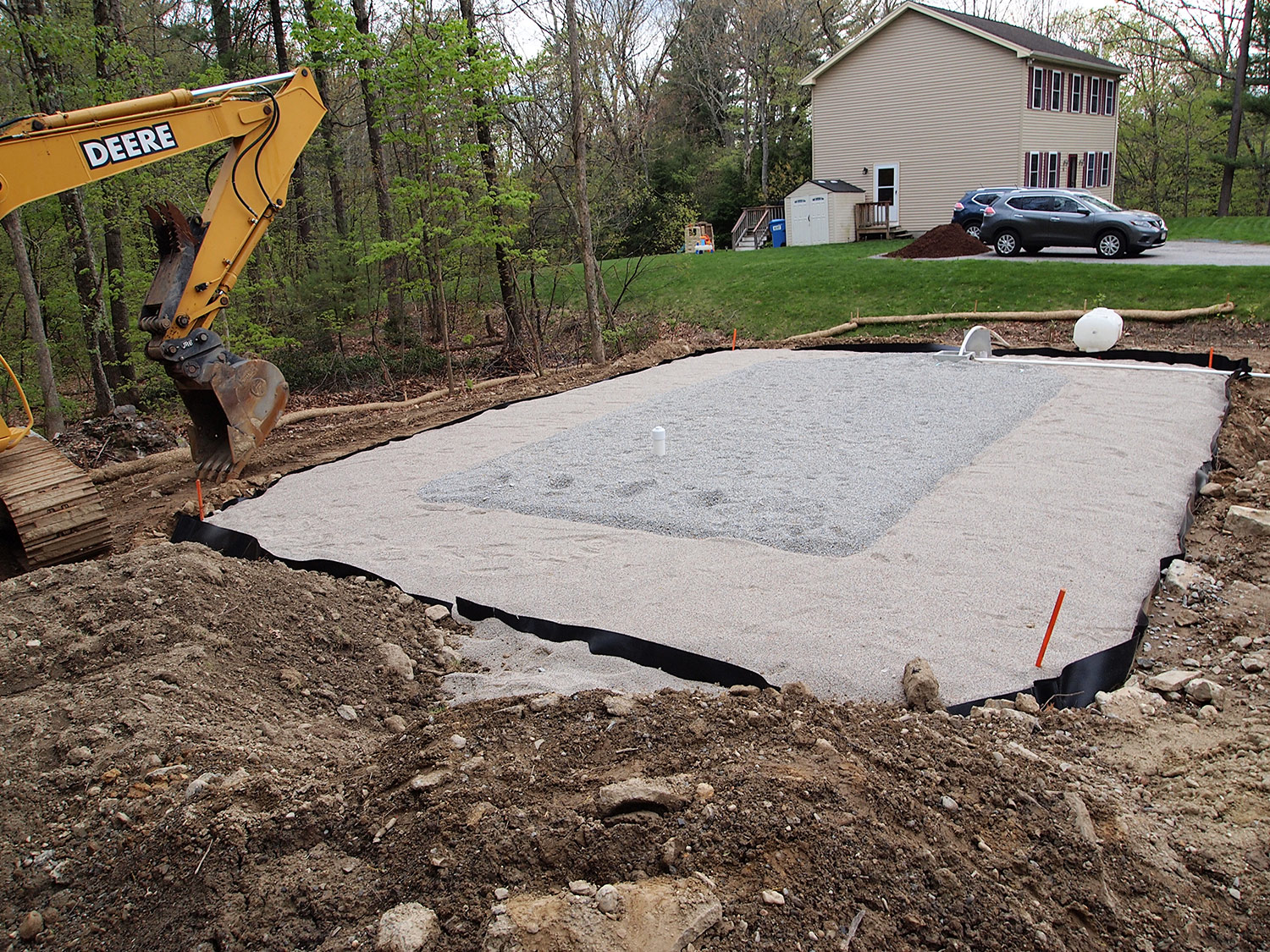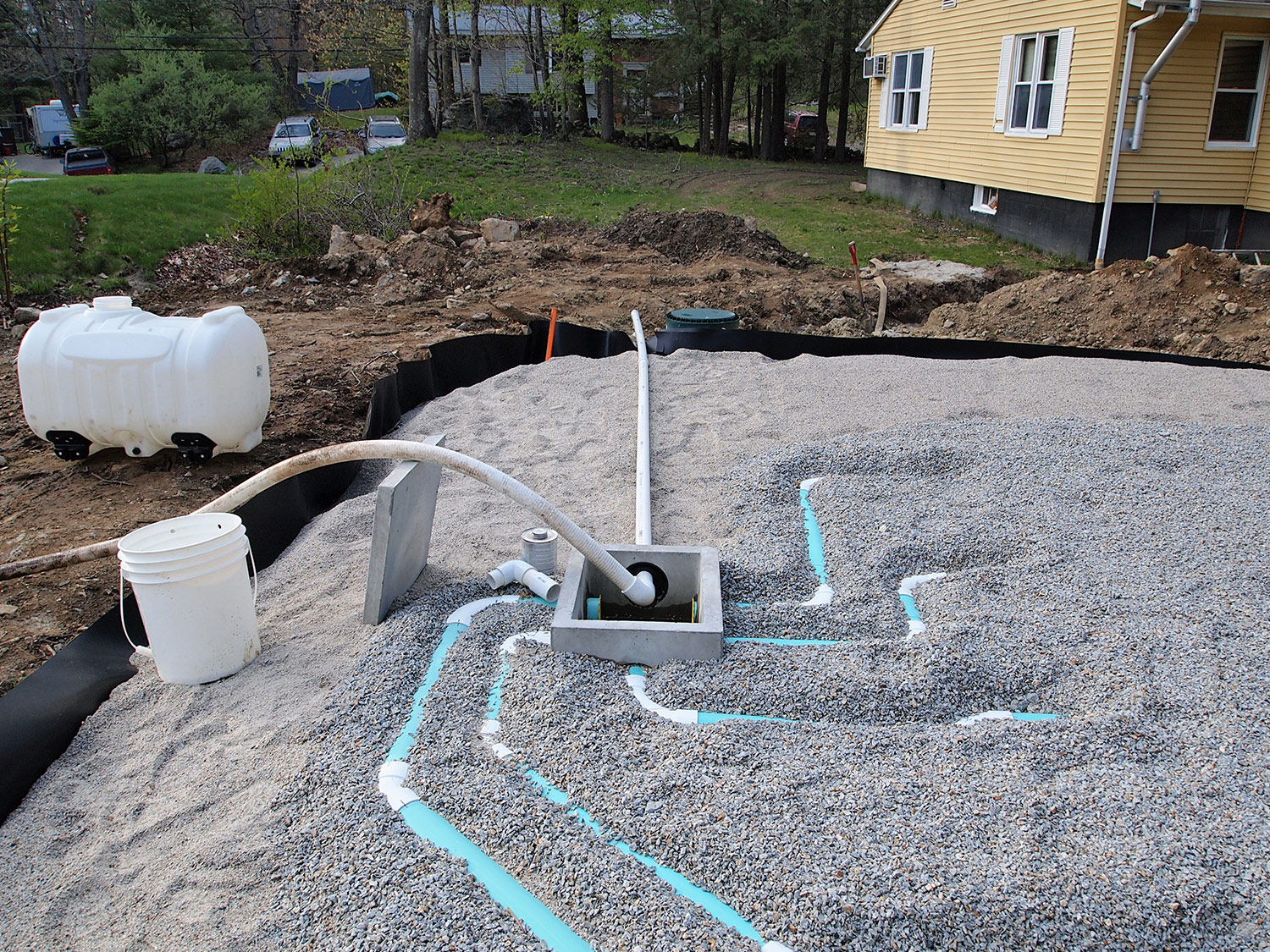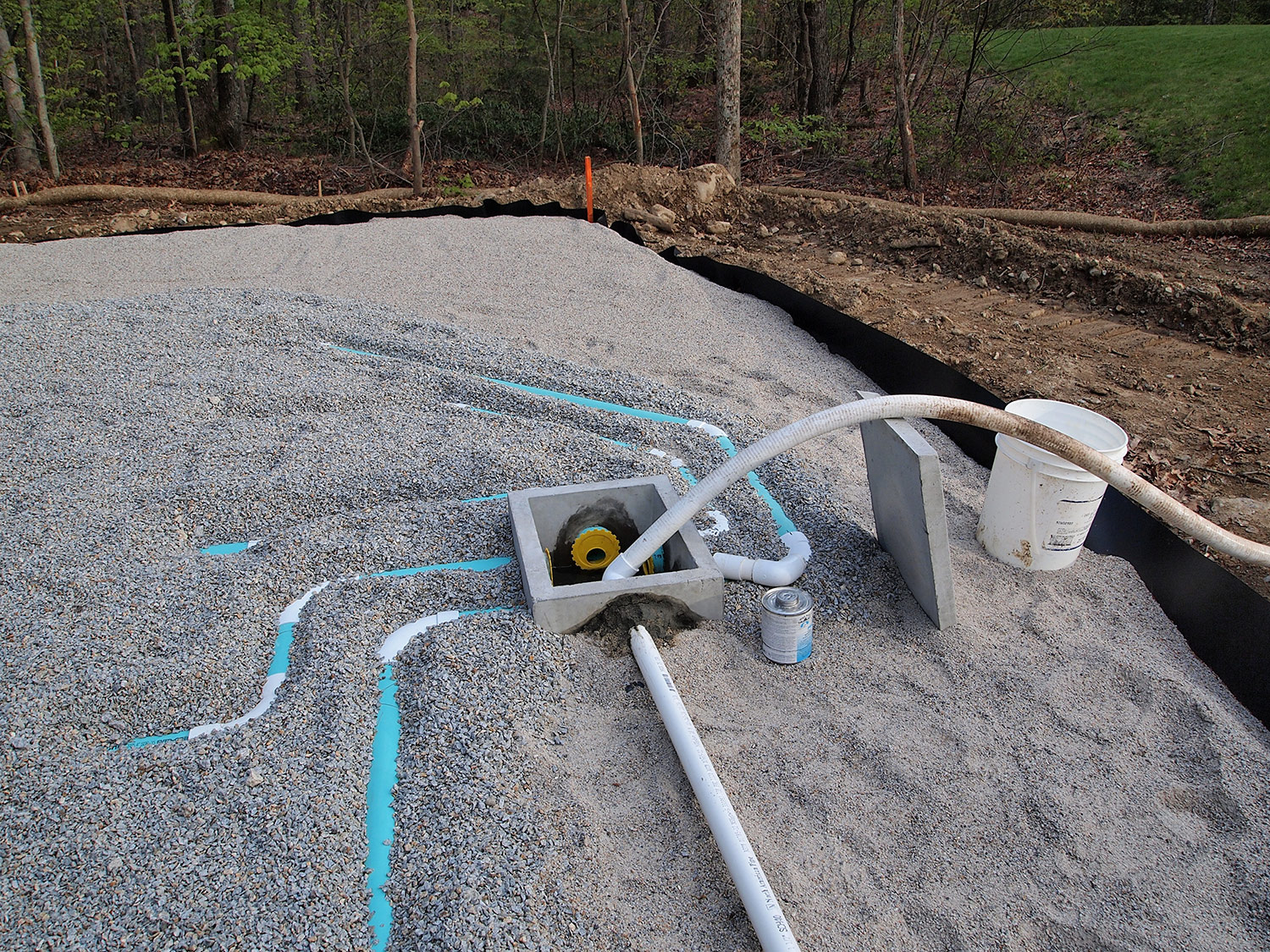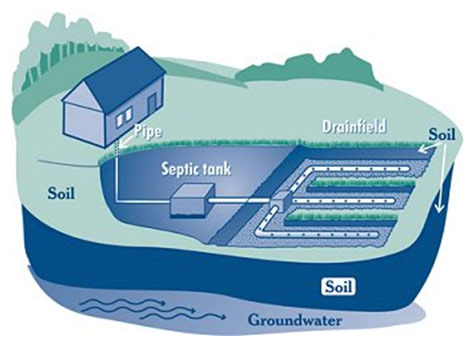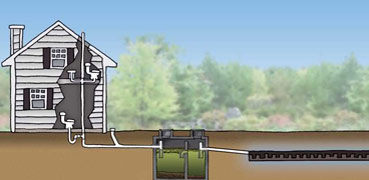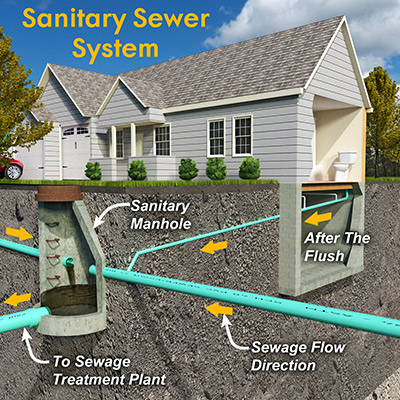 There are a variety of reasons that sewer smells may be entering a home or business.
There are a variety of reasons that sewer smells may be entering a home or business.
These include:
A common reason is the lack of required traps or vents. Every fixture should have a trap and a vent pipe to keep smells from entering the home. If traps and vent pipes are missing, you may need the help of a plumber to install them immediately.
A common reason is broken seals around the toilet that allows water to siphon or dry out the traps and thus allowing smells to enter the home. There could be an air leak at the wax ring of the toilet or in the vent pipe. Rotted or damp wood can also cause the smell. Check to see if the toilet is tightly sealed to the floor. Grab the bowl of the toilet and try to slide it from side to side. It should resist a few pounds of pressure. If the toilet rocks from side to side, the wax ring has failed. You may need the help of a plumber to fix these problems.
A frequent cause for inside odors is a dry trap. Pouring a quart of water into all sinks, showers/tubs and floor drains may correct this problem. All drains to a sewer system have a "P" shaped trap that is usually filled with water. The trap provides a seal to keep out sewer gas. If your basement floor drain is rarely used, water evaporates from the trap over time. Eventually the seal is eliminated, allowing sewer gas (and smell) into your house. The solution is easy: pour water into the drain.
Specifically, the trap under the basin may not be holding enough water and is allowing sewer fumes into the room. You may want to inspect your trap and be sure it holds enough water.
If you have an old "house trap" in your basement the trap may be cracked or broken allowing smells to seep through the cracks and into your home.
If the smell is noticeable mainly around a sink, try flushing a strong cleaner and bleach down the sink's overflow-the small hole(s) inside the bowl near the rim. When the sink fills to near overflowing, water is routed through an inner chamber to the drain. Debris can collect inside the inner chamber, causing odor. There may be a small leak in one of the vent lines of the plumbing system, or a small leak around the base of a toilet or other fixture. You may need the help of a plumber. Check for loose fittings, corrosion, or holes in vent piping. Also, check the top side of horizontal drain pipes. If the top is rusted, it may never leak liquid, but it will leak sewer gas. Drain lines made of copper, steel or cast iron may all exhibit this problem.
If you have older cast iron piping you may be getting smells through cracks in your pipes. This type of piping has a habit of forming a crack along the topside of the pipe over time, and this could be where your smell is coming from. You may need to inspect every inch of piping for cracks or openings where the smell is coming from, and then make the repair from there. If an entire length of pipe is cracked (quite common), you should replace it using PVC drain pipe of the same size, with no-hub couplers to fit the pipe into place.
A frequent cause for inside odors is a clogged vent. You may need the help of a plumber or a handyman to disconnect the vent pipes inside your home and clean your vents all the way through the roof.
Another common problem is the plumbing vent located on the roof. It is necessary to allow the pressure in the drainpipes to equalize as wastewater flows through them. Without this vent, sinks, tubs, and toilets would gurgle, and in some cases, the toilets and drains would act like they were plugged. These plumbing vents can freeze closed during prolonged cold periods or get clogged with leaves or other debris. A warm day or two will thaw out the frozen pipe but leaves will need to be cleaned out. The pipe can be thawed using a high pressure water jetter used for cleaning sewers or warm water.
Down drafts from wind pattern changes can also create odors in the home. The vent may need to be raised which can be accomplished by just adding onto the existing pipe.
If you have question regarding septic odors in your home, contact Morse Engineering and Construction. We may be able to help determine the source.
Source: pawpaw.net
